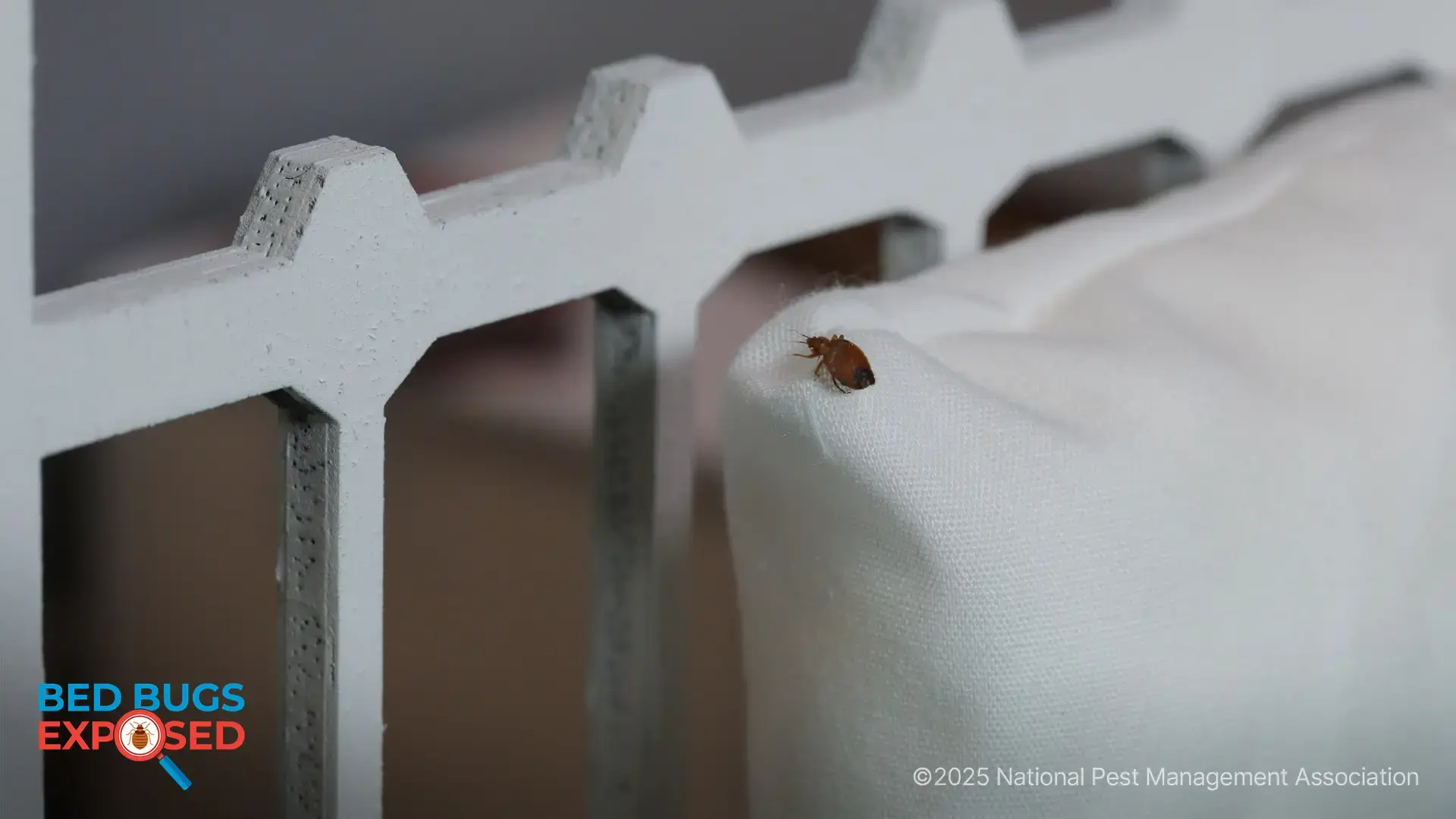Summer Safety: Bites, Stings and Everything in Between
The National Pest Management Association shares tips for avoiding summertime pests
FAIRFAX, VA (August 2, 2018) — Summertime drives people outdoors and in search of fair weather fun. A recent online survey from the National Recreation and Park Association lists having a picnic or barbecue, going for a walk/hike, and going to the beach as the top three favorite summertime activities here in the U.S. With so much time being spent outside this season, the National Pest Management Association (NPMA) is urging Americans to protect against encounters with pests, such as stinging insects, mosquitoes and ticks, that can pack a painful and itchy punch with their bites and stings.
“Although barbecues and vacations are popular plans when we imagine summertime fun, pests and the health risks that they pose should also be top of mind,” said Cindy Mannes, vice president of public affairs for NPMA. “Reducing encounters with pests is crucial, especially as significant health threats such as West Nile virus and tick-borne diseases are on the rise. Stinging insects are also out and about, and are known to send more than half a million people to the Emergency Room every year.”
Enjoy a pest-free summer with these five tips from the National Pest Management Association:
- Look for Breeding Grounds: Eliminate areas of standing water around the yard, such as grill covers and flowerpots where water can collect and pool. Some mosquito species only need half an inch of water to lay their eggs — that’s the size of a bottle cap.
- Wear Insect Repellent: Whenever spending time outdoors, always use insect repellent with at least 20 percent DEET or other ingredients approved by the Centers for Disease Control and Prevention (CDC). Make sure to reapply according to product directions and put it on over top of sunscreen.
- Check for Ticks: Conduct tick checks after spending time outdoors and wear light-colored clothing to make spotting ticks easier. If you discover a tick already embedded, use fine-tipped tweezers to remove it, grasping the tick as close to the skin as possible and pulling outward in a straight motion. Tightly wrap it in tissue and dispose of the tick by flushing it down the toilet or taking it to an outside garbage receptacle.
- Protect the Party: Keep backyard parties protected from pests by covering food and beverages and sealing garbage receptacles. Opt for clear cups and cover up cans to prevent stinging insects from sneaking inside. Before hosting a party, it’s a good idea to do a quick inspection around the deck or entertainment areas to ensure no stinging insect nests are present. If one is found, do not handle it on your own but rather call in a pest professional to identify the species and remove the threat.
- Rethink Your Wardrobe: Anytime a person is spending time outdoors, it’s a wise decision to avoid wearing sweet-smelling fragrances, dark-colored clothing, minimal clothing, or sandals. Certain fragrances and colors can attract pests and exposed skin is a magnet for biting insects like mosquitoes. Long, light wardrobe options with closed toe shoes are the best bet.
For more advice about preventing common household pests, visit PestWorld.org.
###
About the National Pest Management Association
The NPMA, a non-profit organization with more than 5,500 members, was established in 1933 to support the pest management industry's commitment to the protection of public health, food and property from the diseases and dangers of pests. For more information, visit PestWorld.org or follow @PestWorld on Facebook, Twitter, Pinterest and YouTube.

Learn About Rodents
Rodents invade millions of homes each winter. Learn more about them!

NPMA's Bug Barometer Forecast
The latest Bug Barometer® forecast from the National Pest Management Association reveals what homeowners across America can expect from pest activity this fall and winter.

NPMA's Bed Bugs Exposed Project
Check out NPMA's Bed Bugs Exposed project to learn more about this hitchhiking pest and how to prevent an infestation at home.

About the National Pest Management Association
The NPMA, a non-profit organization with more than 4,000 members, was established in 1933 to support the pest management industry's commitment to the protection of public health, food and property from the diseases and dangers of pests. For more information, visit PestWorld.org or follow @PestWorld on Facebook, X, Pinterest, TikTok and YouTube and @PestWorldOfficial on Instagram.

Learn About Rodents
Rodents invade millions of homes each winter. Learn more about them!

NPMA's Bug Barometer Forecast
The latest Bug Barometer® forecast from the National Pest Management Association reveals what homeowners across America can expect from pest activity this fall and winter.

NPMA's Bed Bugs Exposed Project
Check out NPMA's Bed Bugs Exposed project to learn more about this hitchhiking pest and how to prevent an infestation at home.
